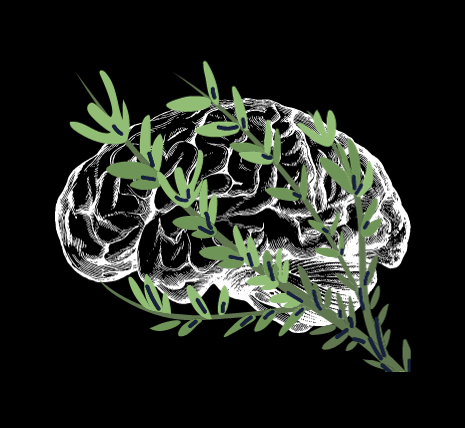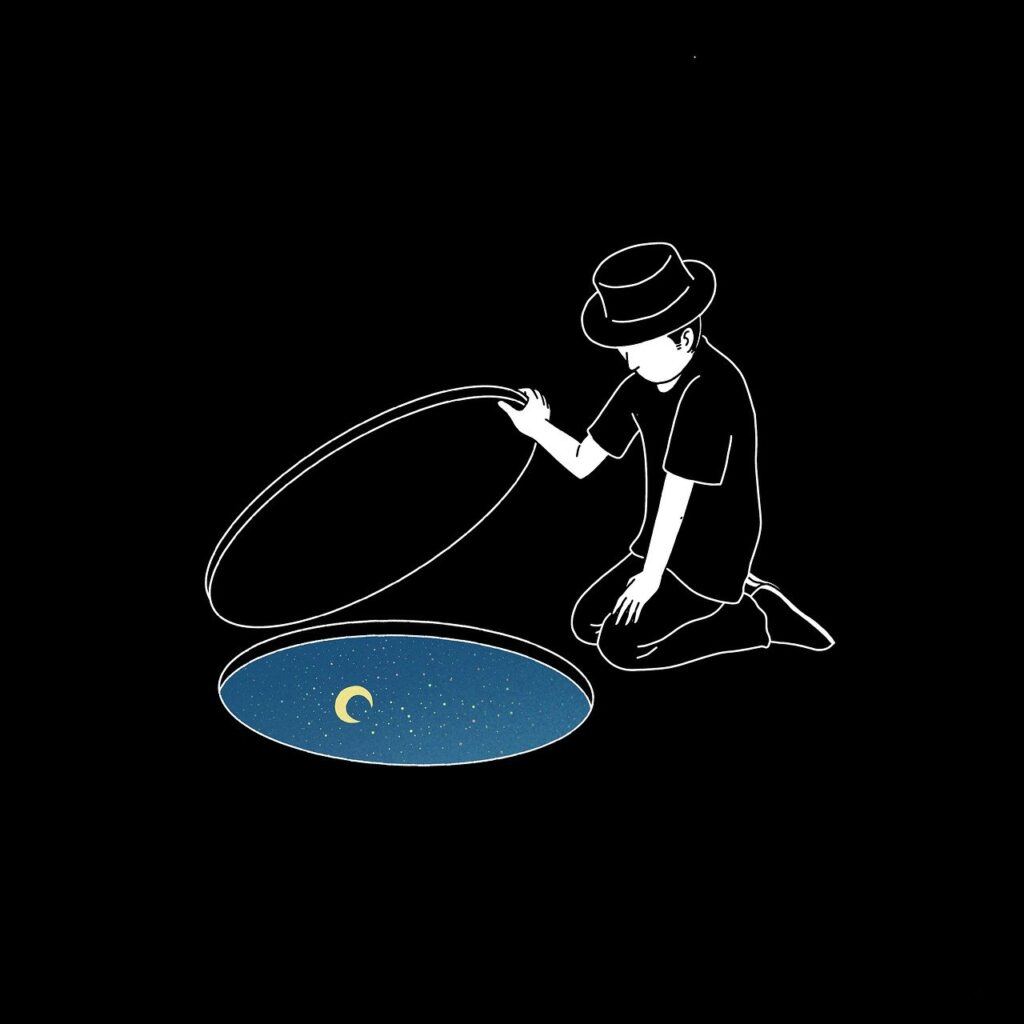Brainwave #14
In the vast expanse of human capability, imagination emerges as a powerful tool, yet it remains one of the least explored and understood faculties. Often identified with the themes of creativity and daydreaming, imagination is far more than a mere escape from reality—it is a complex, powerful tool that shapes our reality itself. Despite its significance, our educational systems and societal structures rarely offer a formal exploration of imagination, leaving us to navigate its depths largely on our own.
The Nature of Imagination
Imagination is the act of devising scenarios within the mind—visions of what has not yet occurred but could. It is an intrinsic part of human cognition, allowing us to explore possibilities beyond our immediate sensory experiences. To imagine is, in essence, to allow oneself a conscious dream where the constraints of the tangible world are momentarily lifted.
The power of imagination lies in its boundlessness. It enables us to conceive of realities vastly different from our own, to solve problems creatively, and to envision our future selves and the world around us in ways that have yet to materialize. It is the bedrock of innovation, art, science, and personal growth.
The Individuality of Imagination
What makes imagination particularly fascinating is its deeply personal nature. Your way of imagining—the process, the sensory preferences, the vividness—differs significantly from mine or anyone else’s. Some people think in vibrant pictures, others in intricate sounds or woven words, and many in a rich mixture combining these elements. This individuality in imagination reflects the uniqueness of our minds and experiences.
Yet, it’s important to acknowledge that our imaginative capabilities are not entirely subject to freedom. The extent and direction of our imagination are invariably shaped by our previous experiences, interactions, thoughts, feelings, behaviors, and actions. This connection shapes the relationship between imagination and experience—each influences and expands the other.
The Untapped Potential
Despite its significance, the formal education system often overlooks the potential of nurturing imagination. Students are encouraged to use their imagination but are seldom taught how to develop it intentionally or understand its mechanisms. This oversight is a missed opportunity for fostering critical thinking, problem-solving skills, and creativity.
Try it Out:
So, how can we, outside the confines of formal education, cultivate our imagination?
- Begin by understanding what you already know – something that you’ve recently come across/been thinking about
- Connect this with another experience that you have had in the past or knowledge that your have learnt/gathered
- Try to understand what themes between the two ideas overlap – what type of questions does this connection bring up?
- If these ideas could be used to create a product or service what might that be? Has something already been created with those ideas – what themes of your thinking overlap?
- What new information can you gather or ideas from your experience can you connect to broaden your understanding?

